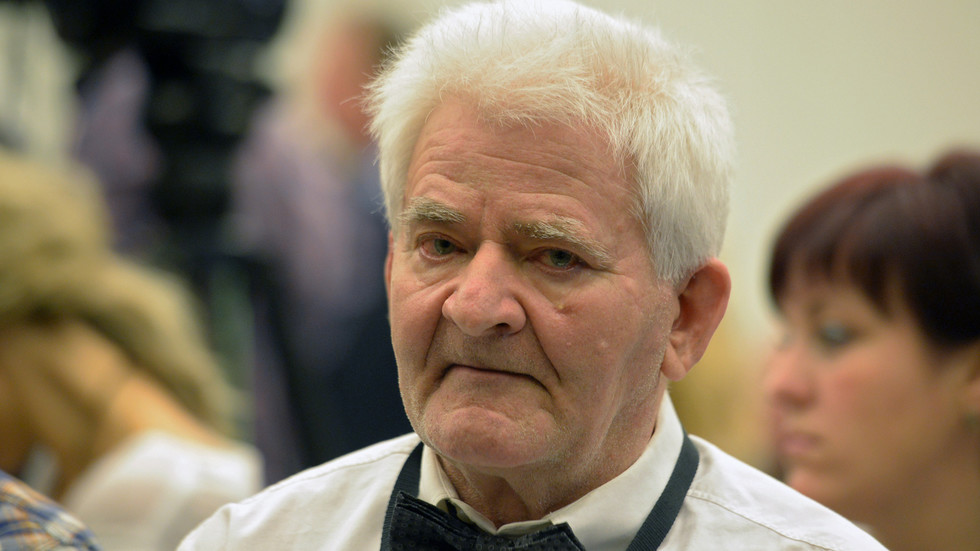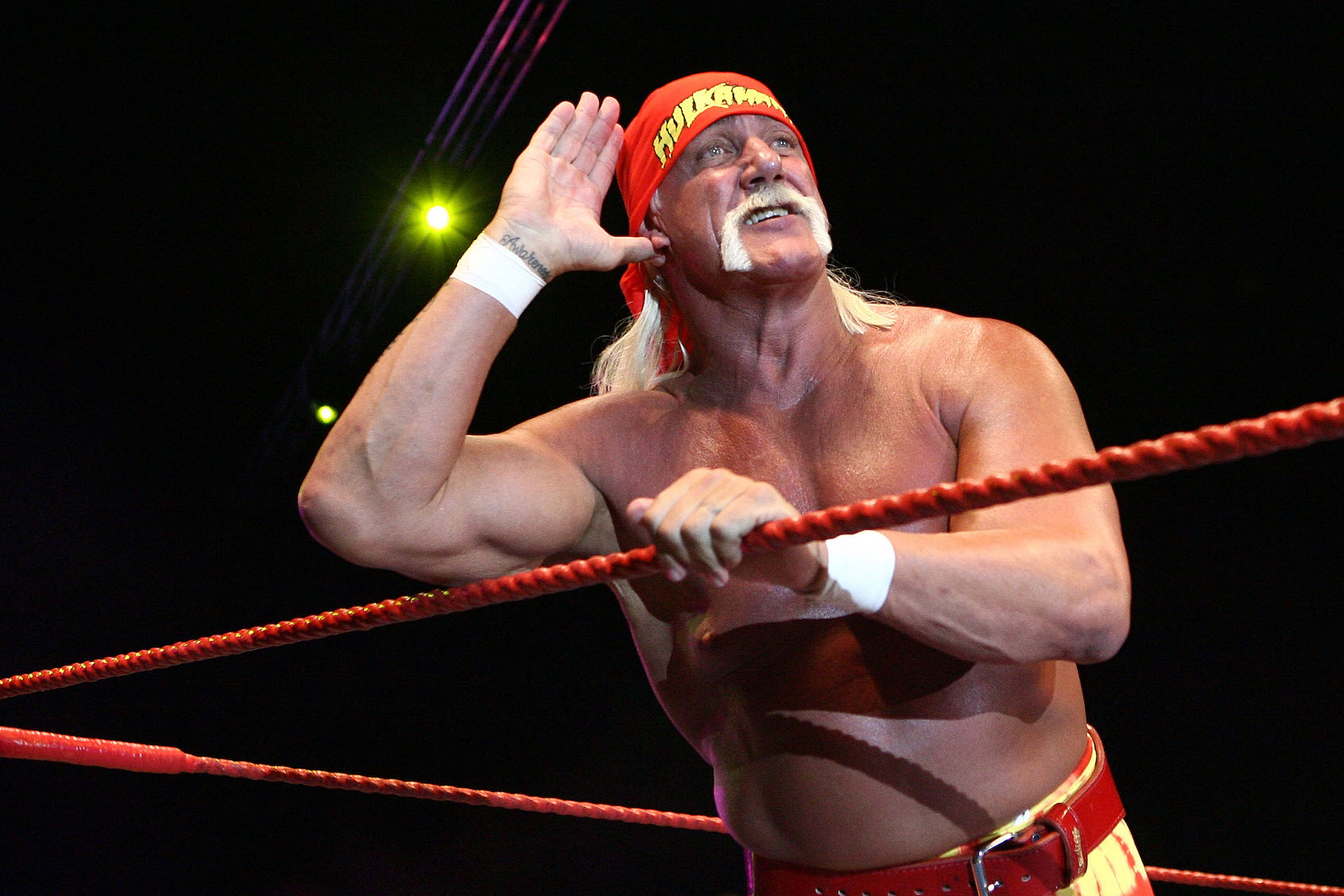Remembering Boris Spassky: The Legacy of a Chess Champion
Boris Spassky, the legendary chess champion, has passed away, leaving behind a rich legacy that transformed the game. Known for his dynamic style and profound understanding of chess, Spassky captivated the hearts of millions and inspired generations of players. This article delves into the life of Spassky, exploring his achievements, contributions, and the lasting impact he had on the world of chess.
The Early Life of Boris Spassky
Boris Vasilyevich Spassky was born on January 30, 1937, in Leningrad, Soviet Union (now St. Petersburg, Russia). From a young age, Spassky showed immense talent in chess, learning the game at just five years old. His father, a military officer, introduced him to chess, and it quickly became a lifelong passion. By the age of 10, Spassky was already competing in local tournaments, showcasing his exceptional ability to strategize and think ahead.
Spassky’s early years were marked by significant challenges, including the hardships of World War II, which affected his formative years. Nevertheless, he continued to hone his skills, and by his teenage years, he had become a formidable opponent on the chess scene. His dedication and natural aptitude led him to become the Soviet Union’s youngest grandmaster at the age of 19, a remarkable feat that foreshadowed his future success.
The Rise of a Chess Champion
Spassky’s ascent in the world of chess was meteoric. He gained international recognition in 1955 when he won the prestigious USSR Championship, a title he would secure multiple times throughout his career. His tactical prowess and innovative play caught the attention of chess aficionados worldwide, and he quickly became a force to be reckoned with.
In 1964, Spassky earned his first major international title by winning the interzonal tournament in Amsterdam, which qualified him for the Candidates Tournament. This victory set the stage for his epic showdown against Tigran Petrosian in 1966 for the World Chess Championship. Spassky’s victory in this match marked a significant turning point in chess history, as he became the 10th World Chess Champion.
The Iconic World Championship Match of 1972
Perhaps the most famous chapter of Spassky’s career came during the 1972 World Chess Championship held in Reykjavik, Iceland, against American challenger Bobby Fischer. This match transcended the boundaries of the chess world, becoming a symbol of the Cold War rivalry between the United States and the Soviet Union. The media frenzy surrounding the event captured the imagination of the public, drawing attention to chess as never before.
Spassky’s calm demeanor and strategic brilliance were on full display during the match. Despite taking an early lead, he ultimately succumbed to Fischer’s relentless pressure and unorthodox tactics. Fischer’s victory not only made him a household name but also marked a shift in the chess world, as it ended the Soviet Union’s dominance in the sport.
The Legacy of Boris Spassky
Though he lost his title in 1972, Spassky continued to compete at the highest levels, demonstrating resilience and adaptability. Throughout his career, he amassed numerous titles and accolades, solidifying his status as one of the greatest chess players of all time. His legacy extends beyond his victories; he was known for his sportsmanship and respect for opponents, traits that endeared him to fans and fellow players alike.
Spassky’s influence on chess is profound. He was one of the first champions to embrace a more dynamic and less rigid style of play, paving the way for future generations to explore new strategies. His games are studied by players of all levels, and his contributions to chess theory remain relevant today. Spassky’s ability to adapt and innovate has inspired countless chess enthusiasts, highlighting the importance of creativity in the game.
Spassky’s Later Years and Contributions to Chess
In his later years, Boris Spassky remained active in the chess community, participating in exhibitions and mentoring aspiring players. He also worked as a commentator and analyst, sharing his insights and knowledge with the next generation. His passion for chess never waned, and he continued to be a beloved figure in the chess world.
Spassky’s contributions to chess extend beyond his playing career. He was instrumental in promoting chess as a sport and advocating for its recognition on the global stage. His charismatic personality and engaging style helped to popularize chess, making it more accessible to the general public.
Remembering Boris Spassky: A Lasting Impact
The news of Boris Spassky’s passing has left a profound void in the chess community. Tributes from fellow players, fans, and analysts have poured in, highlighting his influence and contributions to the game. Many remember him not only for his achievements on the board but also for his graciousness and humility as a competitor.
Spassky’s legacy will undoubtedly endure. He inspired a generation of players to pursue excellence in chess, emphasizing the importance of creativity, adaptability, and respect for the game. His life story serves as a reminder of the power of determination and passion, qualities that resonate with anyone striving to achieve their goals.
Conclusion: Celebrating a Chess Legend
As we remember Boris Spassky, we celebrate not just a chess champion but a cultural icon who transcended the boundaries of sport. His unique approach to the game, his memorable matches, and his contributions to the chess community will forever be etched in history. Spassky’s legacy reminds us that chess is not just a game of skill but a rich tapestry of human experience, emotion, and intellect.
In honoring Boris Spassky, we are inspired to continue exploring the depths of chess, to embrace creativity, and to cherish the connections forged through this timeless game. His impact will be felt for generations to come, as players and fans alike strive to carry forward the spirit of innovation and sportsmanship he embodied.
See more Sky News Portal



